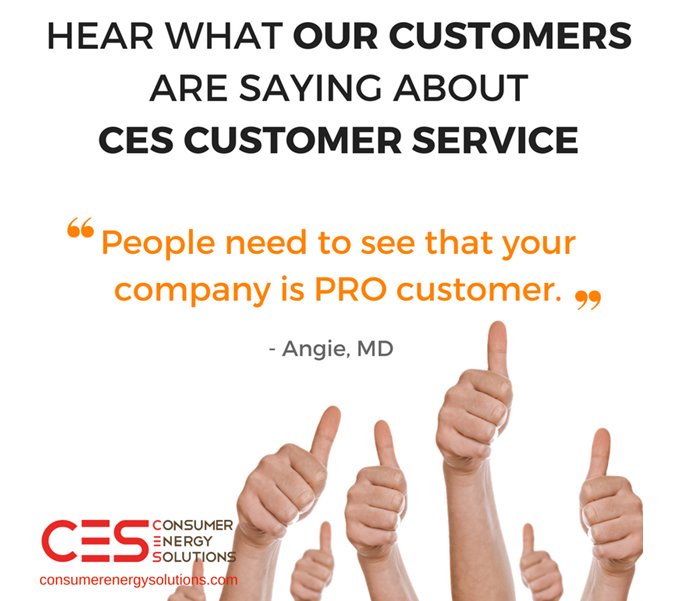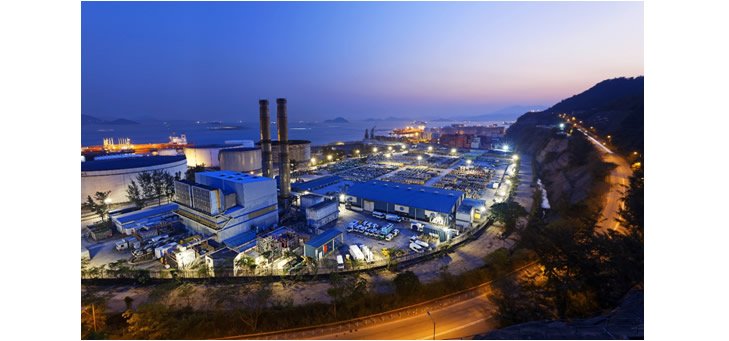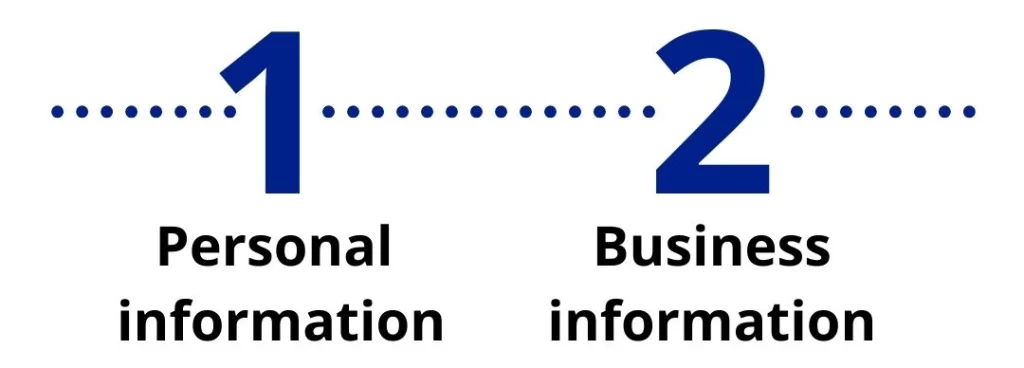What does it mean to be in a regulated or deregulated state as far as buying electricity and natural gas goes? Here in Florida we have one place from which we can get electricity—the local utility company. That is because we are in a “regulated” market for electricity. We all have to pay the price the utility company charges and there’s no other choice.
However, here in Florida natural gas is deregulated. We can choose who to buy our natural gas from. Here we have different suppliers competing for your natural gas business and as a result, prices drop.
When electricity or natural gas is “deregulated” it means that residential and commercial customers have a choice of where to purchase their electricity and natural gas from. It allows other energy supply companies to produce and sell energy—not just the utilities. This brings in competition for your business and prices are usually lower.
Our friends at Direct Energy Business, an energy supply company in the United States and Canada, explain this extremely well in excerpts from an article I’ve reprinted here.

Imagine what your life would be like if you couldn’t choose where to shop—not because you live somewhere with few options, but because regulations permit only one company to sell a good or service. Imagine what it would be like if there was only one automobile manufacturer, one cell phone carrier or one grocery store.
That was the energy industry before reforms began deregulating the sale and purchase of electricity and natural gas. In a regulated market, consumers cannot choose where to purchase their energy. Local utility companies have long been the easy default option. But in modern times when businesses and residential consumers use considerable amounts of power for their heating, air conditioning, lighting, electronics, machinery and appliances, energy reforms and market competition can mean lower, more flexible prices. In a deregulated market, consumers are empowered to compare rates, services and contract terms and pick the options that best fit their needs.
And that means you may be able to choose a plan with lower prices.
What We Mean When We Say “Deregulation”
In regulated markets, consumers have no choice but to purchase electricity and natural gas from the local utility at prices regulated by the state and federal government.
The government deregulates energy by reforming old laws and passing new ones that change who can produce and sell energy. When multiple suppliers compete on the market, prices can be determined—and ideally remain lower—because of competition.
When you purchase energy from a competitive source, your electricity or natural gas are still delivered to you through local power lines and pipelines. In most cases, you’ll also receive and pay your single energy bill to your local utility, too. What changes is who you’re buying power from and how much you pay for it.
But deregulation also opens the door to numerous, more flexible energy options for terms of contract, price structures, market risk exposure and efficiency solutions. Whether you’re powering your home or a global business with hundreds of stores, that could mean a big difference in your bottom line.
States and provinces across North America have taken various approaches to deregulation. Some enjoy a completely open market; others deregulate only electricity or only natural gas; some are partially deregulated but limit the number of consumers participating or amount purchased; and others still are restricted by fully regulated markets.
How North America Flipped the Energy Market
Electricity and natural gas were regulated across the United States and Canada until the late 20th century. Described by some as the last large government-sanctioned monopoly, utility companies controlled the retail energy industry and were the sole suppliers of electricity and natural gas in the areas they served. But energy, which powers the lights, computers, refrigerators, HVACs, equipment and more in our homes and businesses, was too great a public importance and too large a financial expenditure to remain so wholly regulated by the government.
For deregulation to succeed, three things had to occur:
1. Independent suppliers had to win the right to sell energy on the open market, side-by-side with utility companies.
2. Governments had to reform the laws that dictated energy retail prices.
3. Utility companies had to open access to the power lines and gas pipes used to transmit electricity and natural gas to customer’s homes and businesses. (Governments collectively recognized that it would be impractical and wasteful for suppliers and producers to build redundant power lines and gas pipes along similar routes.)

Today’s Thriving Energy Markets
Today energy is deregulated across much of the United States and Canada. Consumers in these areas are attracted by opportunities to seek energy solutions that are tailored to their needs.
Because competition drives deregulated markets, energy prices in these areas are generally lower than in regulated markets. And with energy often accounting for one of the largest operating expenses, cost savings must be top-of-mind when businesses select a supplier.
Competitive suppliers can also offer customers a greater variety of customized solutions. Flexible energy choices for pricing, terms, service, billing and products may not be available to consumers in areas monopolized by utilities. But these are the kind of valuable options that can help you better manage your energy budget and meet business goals.
By Direct Energy Business
Here at CES we work with many energy supply companies like Direct Energy Business. As an energy broker, our job is to do the leg work for you to find the best price in the current market for your commercial energy needs if you are in a deregulated state. We work hard to save our customers money and to really provide a good service to you. Give us a call—you’ll never have to worry about your energy needs again. Call today for a free rate analysis: 1-866-748-2669.




